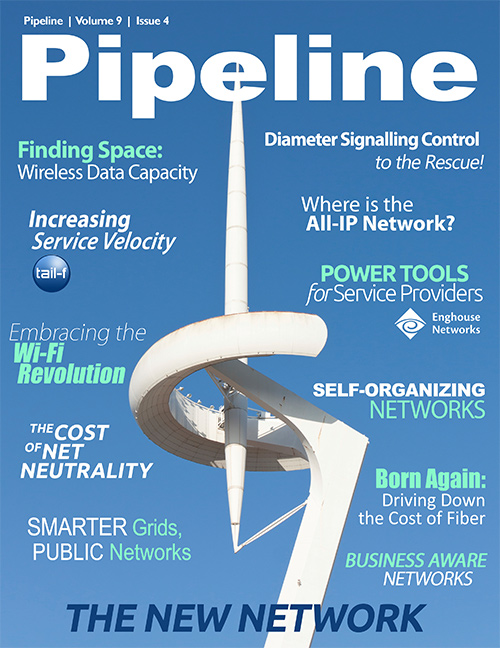The Cost of Net Neutrality
Net Neutrality's U.S. legal battle
In the U.S. Net Neutrality rules are being actively litigated on both sides of the argument. In July 2012, Verizon was accused of violating Net Neutrality rules with its tethering service. EFF Technology Projects Director Peter Eckersley says Verizon should have seen it coming.
“Tethering seems like a pretty straight forward translation of the rules governing wireline phone access to wireless,” Eckersley says. “If you bought a telephone, the provider can't say whether you're allowed to hook up a fax machine or modem to the line. Tethering seems pretty analogous to that.”
In the very same month, Verizon filed a brief arguing that FCC rules governing the Internet were in violation of the Telecommunication Act, arbitrary and capricious and infringe on carriers' constitutional right to free speech.
"Just as a newspaper is entitled to decide which content to publish and where, broadband providers may feature some content over others," Verizon lawyers argue. "Although broadband providers have generally exercised their discretion to allow all content in an undifferentiated manner, they nonetheless possess discretion that these rules preclude them from exercising."
Net Neutrality at work: The Netherlands
While the U.S. struggles to create a set of standards, the Netherlands passed the first European Net Neutrality laws last June--although the rules were just made official in May of this year.
Dutch carrier KPN, with a market share in the Netherlands of more than 50 percent, sparked the creation of the laws when it tried to charge for OTT services like Skype and WhatsApp, which they believed were cutting too deep into revenues for comfort. The rules try and force carriers to turn a blind eye to the content they're carrying and even ban deep packet inspection without a legal warrant. But consumers actually want carriers to block some types of content, like spam and security threats, but not others, which makes for murky waters. Just last year, KPN drew criticism for using DPI to see which customers were using VoIP applications.
"The amendments to the Dutch Telecommunications Act restrict internet service providers to block Internet traffic, expect for specific reasons such as necessary traffic handling, and to tariff based on the specific applications or services used," KPN said in a statement through Stefan Simons, a KPN press officer, "Our policy is in-line with Net Neutrality as embedded in Dutch Law. Moreover, Net Neutrality remains our guiding principle. In that respect, please note that our new propositions--varying data-usage and speed vs. paying for specific services--have been adjusted as such that it does not breach with Dutch Law."





















